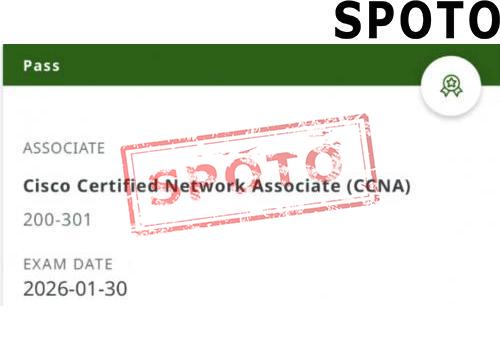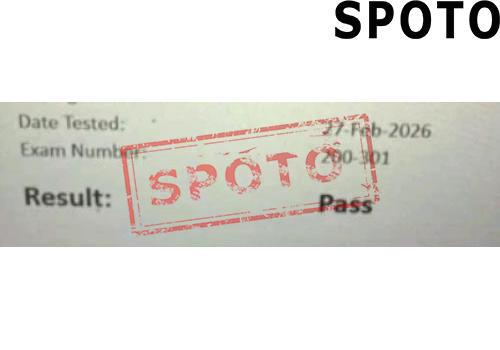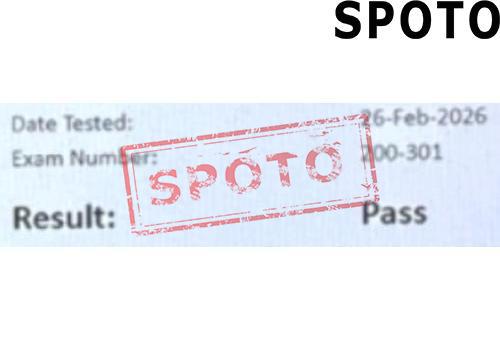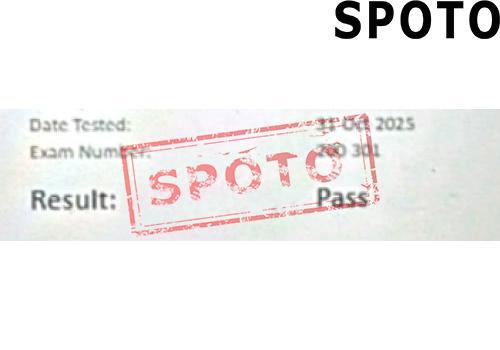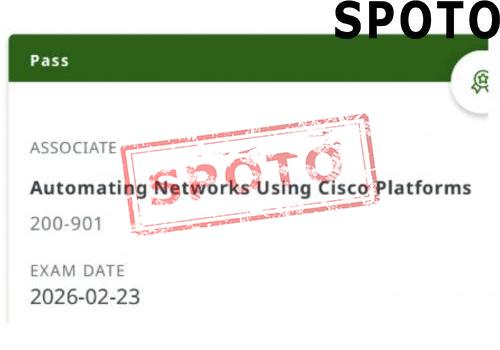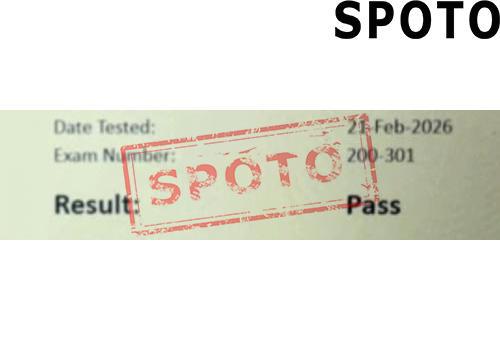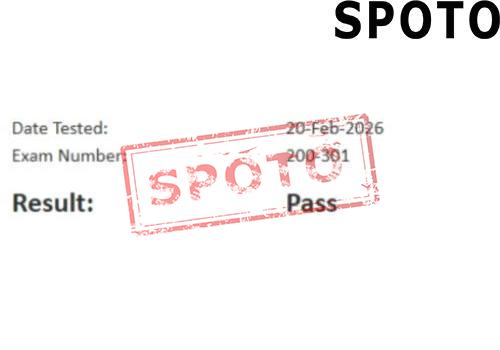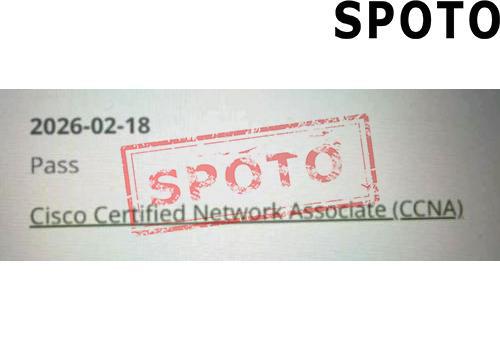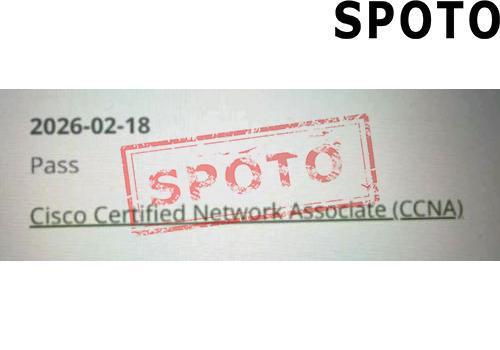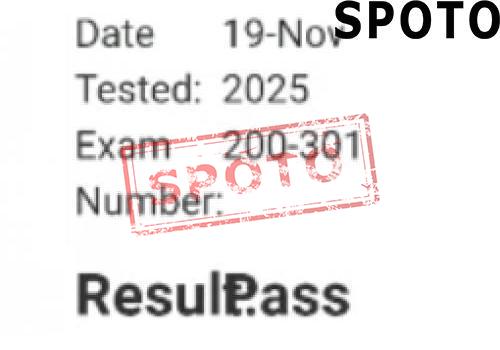
Is it that hard to get a new CCNA?
Having individual certs tied to specific areas such as security or the cloud, there is now one CCNA certification that can rule them all.
We are now able to evaluate the new CCNA, even though we have passed the February 24, 2020 release date of the CCNA certificate. How did the CCNA certs change? Are the new CCNA certs more difficult or easier than the older CCNA?
Understanding the Latest
You could choose one of these paths to your CCNA before February 24,
- CCNA Cloud
- CCNA Collaboration
- CCNA Data Center
- CCNA Industrial
- CCNA Routing & Switching
- CCNA Service Provider
- CCNA Wireless
In some cases, it may take more. It wasn't always easy to change the course of your CCNA certification if something happened. To become certified with the new CCNA you only need to take one exam. You can specialize later. This gives you more flexibility for those who are new to Cisco certifications.
Is it that hard to get a new CCNA?
While pass rates may not be available for a year, we can draw some inferences from today. The new CCNA looks to be more difficult than the old CCNA.
You must have more knowledge. You could start your journey into CCNA Routing & Switching with a CCENT. You could also use this to get into other CCNA pathways. This is no longer possible which can increase the difficulty in earning the new CCNA.
The new CCNA doesn't mean you have to lose your focus areas. They've been replaced with Specialist certifications (more details later). You are entering an exam that covers networking basics. This exam requires a greater understanding and a broader view. The old CCNA certs covered the basics but the new CCNA goes deeper. The exam is more difficult than the previous CCNA.
This is because the new CCNA covers all aspects of modern network fundamentals. This is enough to cover a lot of ground. For newer networking professionals, programming and automation can be difficult. Although automation, and programming seem to be the norm, mixing programming with networking certs is still a novel concept. For cert takers who are familiar with basic networking but not experienced in automation, this can create additional difficulty.
The Benefits of the Changes
It had been a while since Cisco made major changes to its certification program. The requirements for IT professionals have changed over the years. Associate-level expertise does not require any type of focus in any particular area. A person looking to hire a CCNA-certified person will typically want to know basic Cisco applications and be able to mold the person into what's best for their organization. This will allow you to move up in your career.
You will also have a lot more flexibility. You can change your focus if your career leads you to another area. This change will provide a clear pathway to success that will increase the success rate of those who choose to become CCNAs. This will eventually set you up for a CCNP, depending on the area that you choose.
It is only natural that IT companies will be looking for people with these new skills.
Look at the 200-301 CCNA
The new CCNA only requires you to pass the 200-301 CCNA exam. Although there are no prerequisites, Cisco suggests that you have at minimum the following experience.
Experience in implementing and managing Cisco solutions for at least one year
Basic IP addressing knowledge
Understanding the fundamentals of network operations is essential
While you can jump into the exam without preparing, it is not a good idea. You might want to make the most of the training you have already invested in.
The 200-301 exam takes 120 minutes and covers many topics. This exam requires you to be familiar with the IT basics required to fulfill the most recent job requirements in IT. It is expected that you will understand security, automation, and programmability. These topics should be covered:
- Network fundamentals
- Access to the Internet
- Internet connectivity
- Services IP
- Security basics
- Automatization and programmability
The exam consolidates all associate-level certifications. This exam validates your understanding of the fundamentals of networking today. Your new CCNA certificate will be valid for three years after you pass it. Then you'll need to recertify.
At a Glance: Specialist Certifications
After you have the basics down, and you are CCNA-certified you can explore Specialist certificates to specialize in your area. These certifications replace the CCNA path. Cisco Specialist certifications can enhance your network knowledge in any area that is most important to you.
This is because you can display your badge for each Specialist certification you get. If you choose to pursue a CCNP, specialist certifications can also serve as stepping stones. Cisco Specialist certifications are valid for 2 years before you need to recertify.
Last Thoughts
Overall, the new CCNA is a bit more difficult than the old one. The new CCNA requires IT professionals to demonstrate a greater range of skills. It prepares you for the real world. This cert shows that you can use the networks of today. The Cisco certification is highly respected and will give you an edge in your search for the job you want.
Changes are occurring in the requirements for IT professionals at the associate level. It is expected that you have a basic knowledge of all areas. These changes to the CCNA were made to help you prepare for what you will be expected to do at this level. They also make it easier to develop skills that are important to your success.

